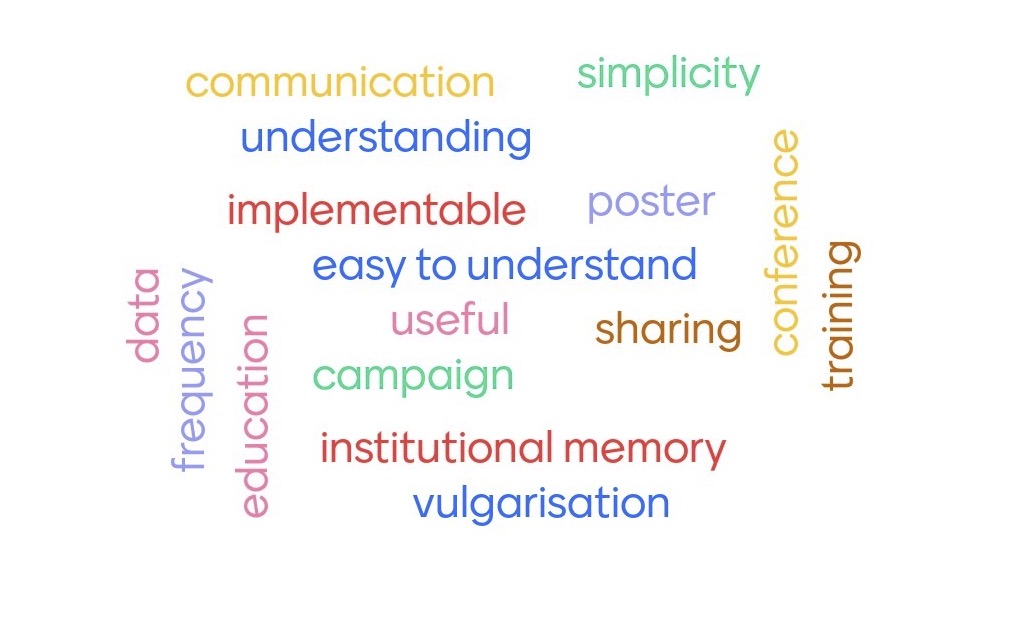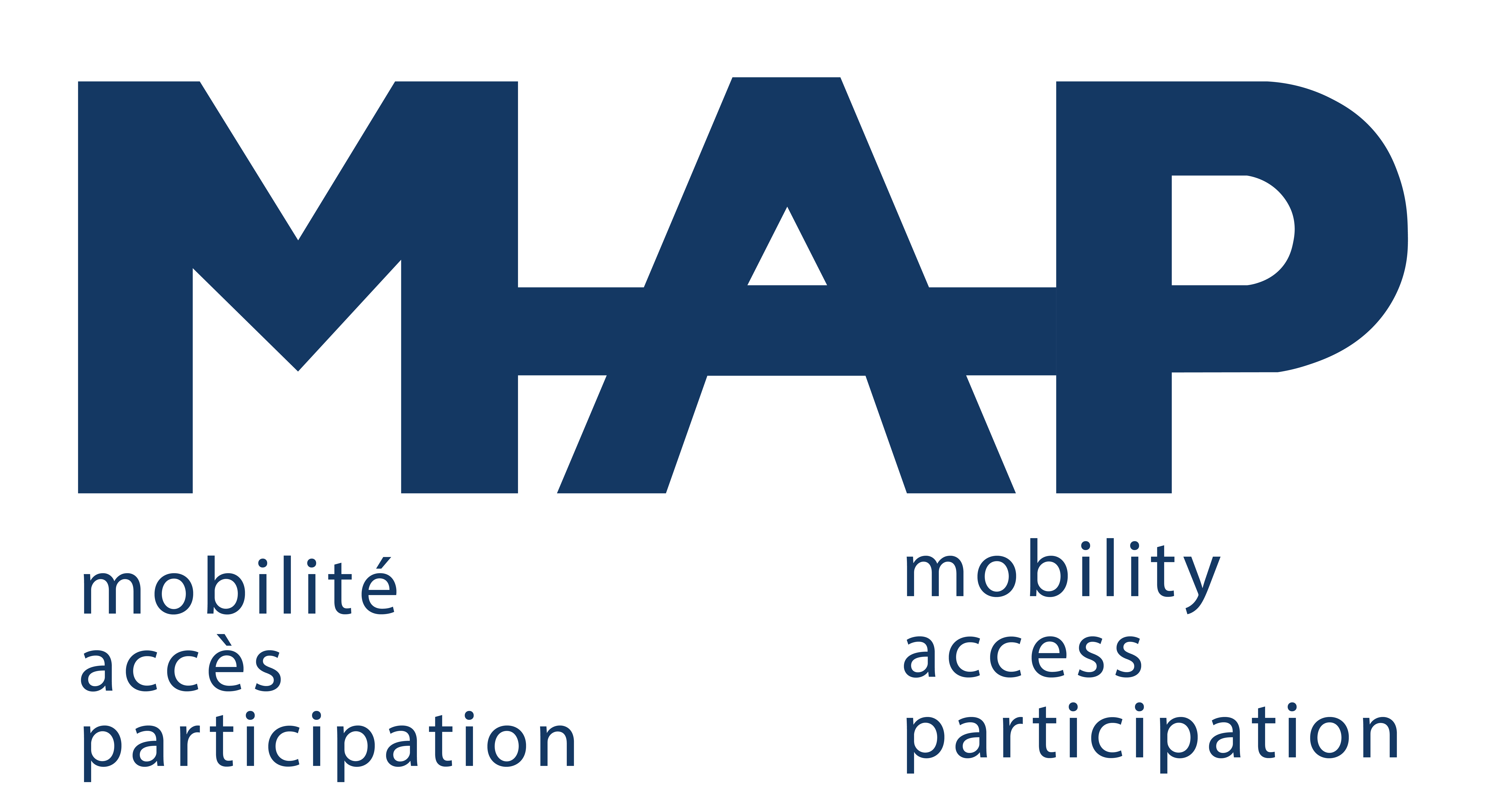
On Monday June 10th MAP students and partners met for the workshop titled: Models and Community Perspectives on Effective Modes of Knowledge Translation (KT). Partners and students met in person and online in Quebec and Vancouver. There was an informal discussion with community partners to learn about what makes knowledge translation (KT) effective and how it can help to meet the partner organization’s needs and goals. Here are some of the things we learned:
1) The Knowledge translation process should prioritize relationship building and the knowledge of community partners. Partners shared that successful KT should involve clear and appropriate communication, a focus on building trust, a positive attitude, education, listening, sharing/having access to research data, mutual understanding, have a shared agenda, equitable representation, partnership, researchers supporting community partners, institutional memory, simplicity, teamwork and co-construction of tools.
2) Knowledge translation products and tools should be targeted and easy to understand. Partners shared that KT should be useful and meaningful for users, implementable, reproducible, practical and concrete, targeted/focused, adapted for the appropriate audience (e.g. public administration, policy makers), use appropriate vocabulary, effective, relevant, and meet existing needs.
3) Knowledge translation can be done using various methods to reach different audiences. Partners suggested a number of approaches including posters, conference presentations, training, campaigns, and summary of research findings.
4) To create appropriate knowledge translation products you need to know and understand your audience. To appropriately adapt knowledge to the user you must be familiar with what your target audience is interested in knowing, what are their needs, what will they find useful, what will they have time to consume etc.
5) For knowledge translation to be successful you should consider the context and try to ensure a favourable context. It is important to consider the social, political, environmental, cultural, and organizational context of your KT. For example is the research issue current/in the media? Are there policies and regulations related to the issue that are in the process of change and can you provide your KT at the optimal time to have influence (on public opinion, policy makers etc.)?
6) Plan ahead with researchers and community partners. Recognize that each team member has their own skills and experiences to bring to the table. Value that experience/skill set in the work that you do as a team.
7) After you use the tool you need to be able to analyze the impact of the tool that you use. Evaluating the usefulness of the KT tool in order to assess what worked and what didn’t work in order to make adjustments or use this knowledge for future KT endeavours.
Attendees were asked to use Mentimeter (https://www.mentimeter.com/) to share their ideas and facilitate the discussion. You can view the detailed meeting record in the following document:
